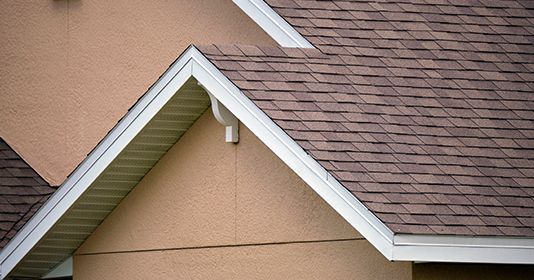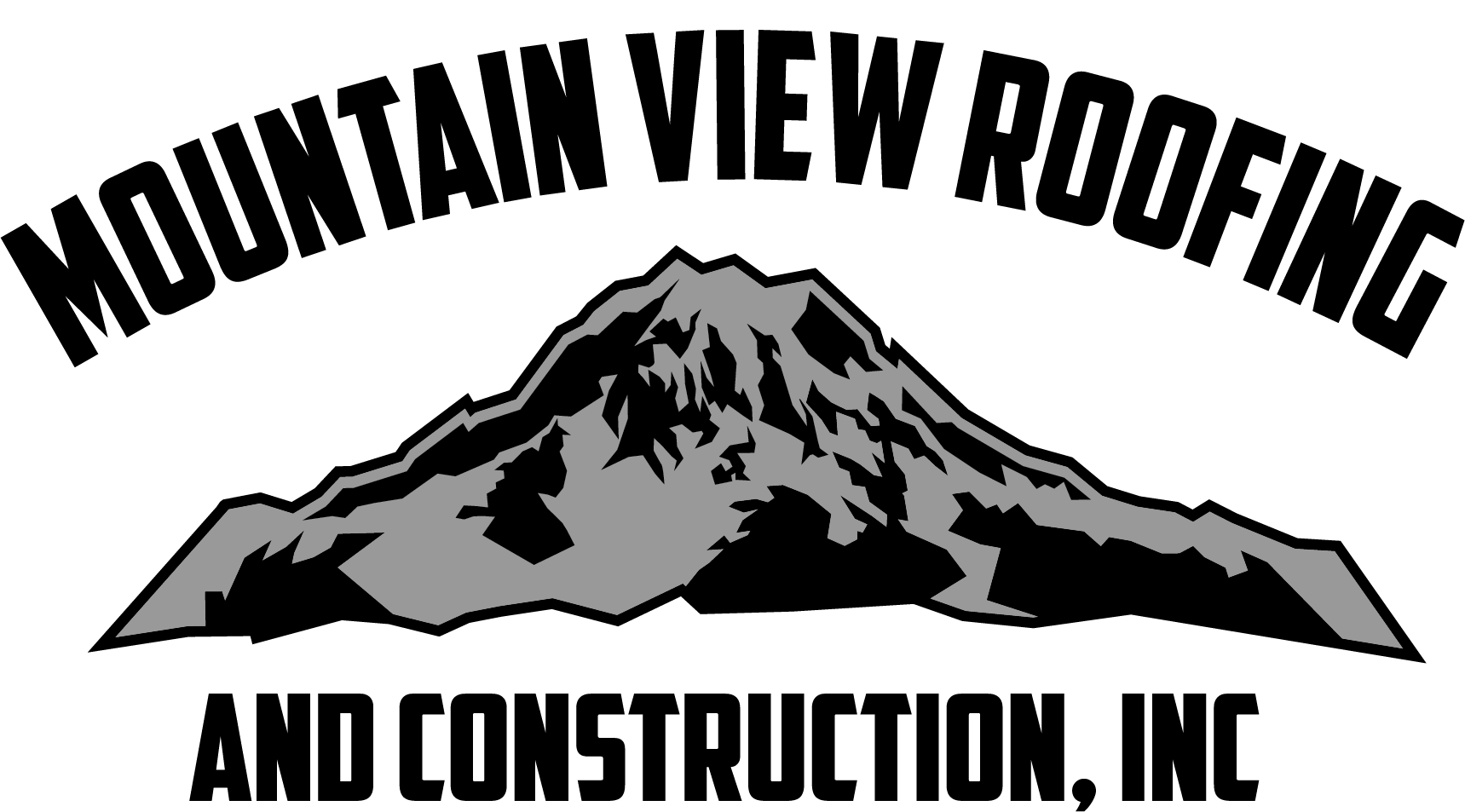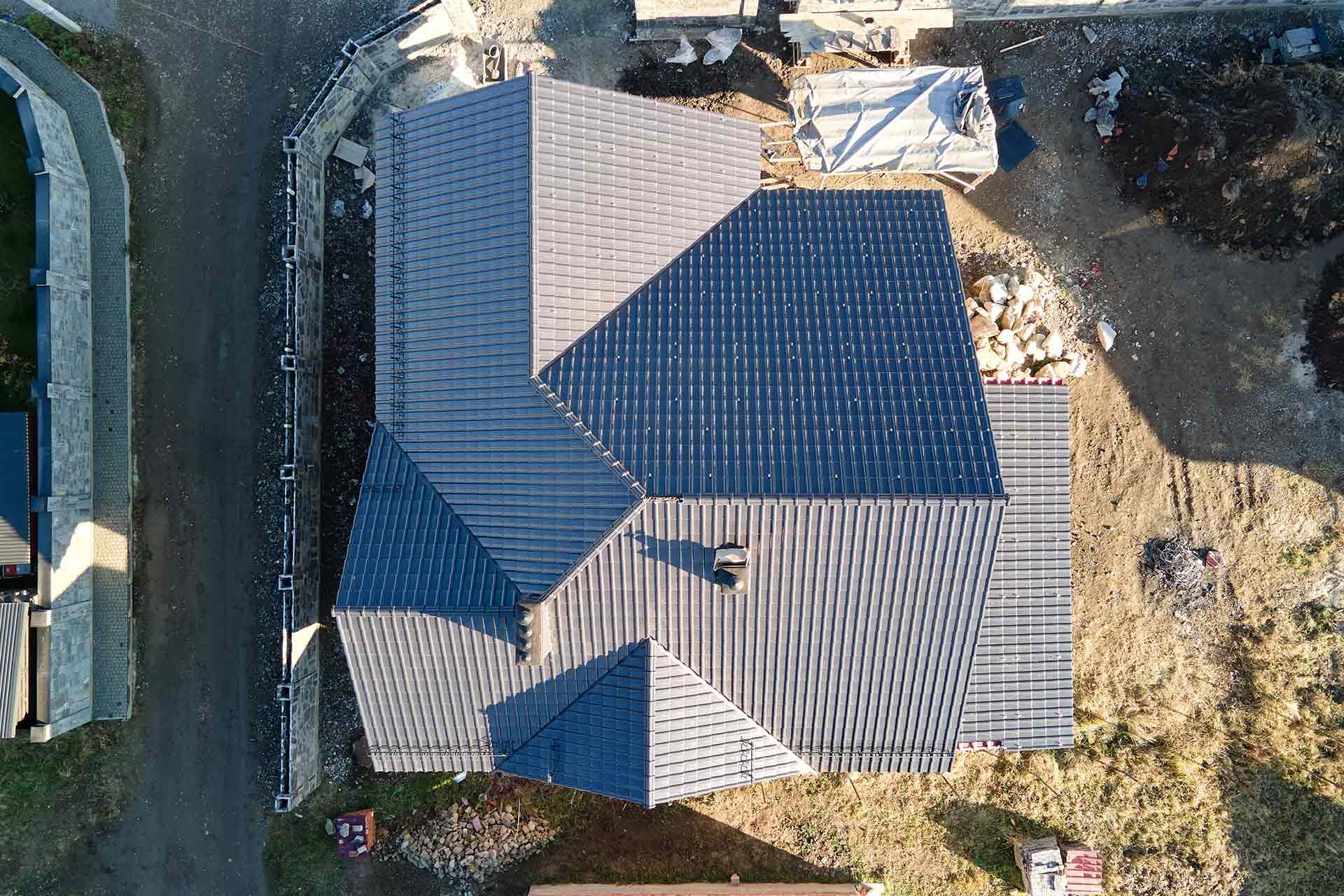Expert Tips for Planning a Successful Residential Roof Replacement Project in Eatonville, WA
Embarking on a
residential roof replacement project is a significant undertaking. As such, careful planning is key to ensuring its success. In this guide, we offer expert advice to homeowners in Eatonville, WA, and surrounding areas, to help you navigate the process smoothly, avoid common pitfalls, and achieve a successful outcome.
1. Understanding the Importance of Roof Replacement
A well-installed and maintained roof is crucial to the safety and aesthetics of your home. It provides protection against harsh weather conditions and contributes to your property's overall curb appeal. Therefore, when it's time for a roof replacement, it's essential to approach the project with the seriousness it deserves.
Importance of Quality
When it comes to residential roofing services in Eatonville, it's crucial to prioritize quality over cost. While the initial price tag might be enticing, low-quality materials and labor can lead to frequent repairs and premature replacement, eventually costing you more in the long run.
The Role of Proper Planning
Proper planning is the bedrock of a successful roof replacement project. It involves understanding potential challenges and devising appropriate strategies to mitigate them. This way, you can save time, resources and avoid unnecessary headaches during the project.
2. Selecting a Reputable Roofing Contractor
Choosing the right roofing contractor is the most crucial step in your roof replacement journey. The contractor's expertise and reliability will significantly impact the success of your project.
Considerations When Choosing a Contractor
- Experience: Look for contractors with a proven track record in residential roofing services in Eatonville.
- Licensing and Insurance: Ensure your chosen contractor is licensed to operate in Eatonville, WA, and carries appropriate insurance coverage.
- Certifications: Contractors with manufacturer certifications have undergone rigorous training and meet high industry standards.
- Reviews and Testimonials: Feedback from previous clients can provide insights into a contractor's professionalism, quality of work, and customer service.
3. Planning Your Roof Replacement
After selecting a reliable contractor, the next step is to plan your roof replacement project. This involves discussing your goals, choosing the appropriate materials, and understanding the project timeline.
Discuss Your Vision
Schedule a consultation with your contractor to share your objectives and preferences. This is also an excellent opportunity to ask questions and seek professional advice.
Select Suitable Materials
With the help of your contractor, choose high-quality roofing materials that suit your home's style and your budget. While the initial cost might be higher, quality materials offer better durability and longevity, providing excellent value for money.
Understand the Project Timeline
Knowing the estimated project timeline can help you plan accordingly. Be sure to discuss this with your contractor and get a detailed estimate in writing.
4. Preparing Your Home for the Project
Proper preparation can help minimize disruptions during the construction phase. Here are some steps you can take:
- Clear the area around your home to create space for the roofing team and their equipment.
- Notify your neighbors about the upcoming project and possible noise or disturbances.
- Protect your belongings inside your home from dust and vibrations.
5. Maintaining Open Communication with Your Contractor
Effective communication is key to ensuring that your project runs smoothly. Stay informed about the progress, ask questions, and address any concerns promptly. If changes are needed during the project, discuss them with your contractor to ensure alignment with your vision.
6. Inspecting the Finished Roof
Once the project is complete, take time to inspect the new roof thoroughly. Check the quality of installation and materials, and address any concerns with your contractor. Regular maintenance can help maximize the lifespan of your roof and protect your investment.
7. Financing Your Project
Many roofing contractors offer financing options to make payments more manageable. Discuss this with your contractor to understand the terms and select a plan that suits your financial circumstances.
8. Understanding the Role of Building Permits
Depending on your location, you might need a building permit for your roof replacement project. Your contractor can assist you with the process and handle the necessary paperwork.
9. Choosing Between Re-roofing and Tear-off
Your contractor can guide you on whether to opt for re-roofing (installing new shingles over the existing ones) or a tear-off (removing the old roof before installing the new one). Each option has its pros and cons, and the best choice depends on various factors, including the condition of your current roof.
10. Exploring Alternative Roofing Options
While it's tempting to stick with the same roofing material as before, considering alternatives might yield better results. Discuss with your contractor about the different options available and their advantages.

Conclusion
While a roof replacement project can be a significant investment, careful planning and the right contractor can ensure its success. If you're looking for residential roofing services in Eatonville, consider
Mountain View Roofing. We specialize in
residential roofing and exterior
services
and pride ourselves on exceeding customer expectations.
Contact us today to schedule a consultation.



